Nation’s diminishing appetite for any form of palace coup
Peter FitzSimons. Malcolm Turnbull. Anthony Albanese. Richard di Natale. These are not the Australians who’ll re-fire the movement for a republic.
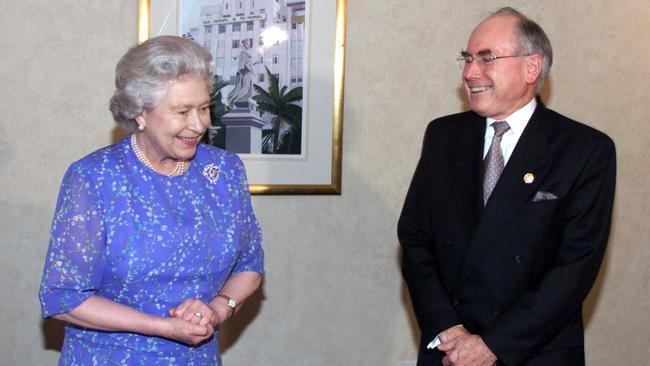
I would do so again — provided the question was similar.
It has been claimed by some republicans that the (then) constitutional monarchist prime minister John Howard rigged the question in the 1999 referendum to ensure a No vote. This is not the case.
Twenty years ago Australian electors were asked if they approved of the following proposed law: “To alter the Constitution to establish the Commonwealth of Australia as a republic with the Queen and governor-general being replaced by a president appointed by a two-thirds majority of the members of the Commonwealth Parliament.”
This is precisely what would have occurred had the referendum been carried. And it was the question that the Australian Republican Movement, under the leadership of (then) businessman Malcolm Turnbull, wanted at the time. Unfortunately, from my point of view, most Australians did not agree.
READ MORE: ARM dithers as royals implode| Malcolm Turnbull fires debate with two-step push for republic | Prince Andrew determined Princesses Beatrice and Eugenie don’t suffer | Prince Andrew interview suggests Queen is losing her grip on The Firm
Not only did the Yes case fail to gain an overall majority, it also failed to get a majority in any state.
The Yes vote in NSW (46.4 per cent) and Victoria (49.8 per cent) was reasonable. But the vote in Queensland (37.4 per cent), South Australia (43.6 per cent), Western Australia (41.5 per cent) and Tasmania (40.4 per cent) was low to very low.
Since a successful referendum requires an overall majority plus a majority in a majority of states, this means four of the above states would have to move from a No to a Yes vote.
Australia has changed significantly in the past two decades. Immigration increased rapidly under the Howard government and the trend has continued under Coalition and Labor governments alike. In the 1999 referendum it was evident many recent immigrants and their families wanted Australia to remain a constitutional monarchy.
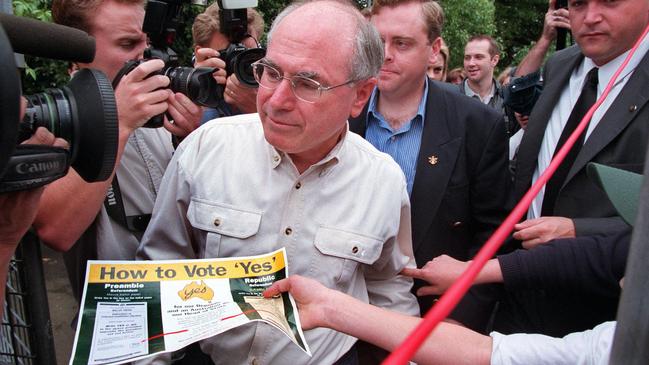
Then there is the changing international environment. The Islamist terrorist attacks on the US on September 11, 2001, were followed by attacks in Indonesia, Britain and Canada.
The main targets in the Bali bombings were Australians.
The wars in Afghanistan and Iraq — in which US, British and Australians were allies — have reminded the citizens of these nations what they have in common.
It is evident in the success of the Invictus Games. This is likely to reduce support for the proposal that Australia should junk the Queen of Australia, who happens to be the Queen of the United Kingdom of Great Britain and Northern Ireland.
And then there is the ongoing respect for the Queen and the popularity of her grandson William and his wife Catherine.
The high regard held for the Duke and Duchess of Cambridge is likely to mitigate any lack of support for Prince Charles if he outlives his mother and becomes the monarch.
Sure, Prince Andrew is disgraced over his friendship with sex offender Jeffrey Epstein and allegations of sex with a 17-year-old girl. And it remains to be seen how popular Harry and Meghan, the Duke and Duchess of Sussex, will remain. In any event, both men are a long way from the throne.
In Britain the popularity of the royal family does not matter much since the nation appears locked into the monarchy. But royal behaviour is of importance in Commonwealth nations such as Australia, which are not necessarily destined to remain constitutional monarchies.
"Twenty years after Australia voted in a referendum against becoming a republic, arguments to ditch the British monarchy are gathering momentum once again."https://t.co/H61LouSgdG#auspol #ausrepublic#AUS@Peter_Fitz pic.twitter.com/ANDvKlQkSs
— Australian Republic Movement (@AusRepublic) November 29, 2019
Last Tuesday the Australian Republic Movement held a dinner in Old Parliament House in Canberra to remember the 20th anniversary of the 1999 referendum.
The function took place in King’s Hall — overseen by the towering statue of King George V, the Queen’s grandfather. Speakers were Turnbull, federal Labor leader Anthony Albanese, Greens leader Richard Di Natale and ARM chairman Peter FitzSimons.
Four republicans walk into a bar @TurnbullMalcolm @AlboMP @RichardDiNatale @Peter_Fitz #auspol pic.twitter.com/G09SqzfAWi
— Katharine Murphy (@murpharoo) November 26, 2019
And there’s the problem. The quartet comprised a multi-millionaire and former Coalition prime minister (Turnbull), two politicians (Albanese and Di Natale) along with a wealthy activist who sneers at political conservatives and religious believers and wears a red bandana (FitzSimons). There was not a parliamentary member of the Liberal Party or the Nationals on the panel. Nor was there a woman.
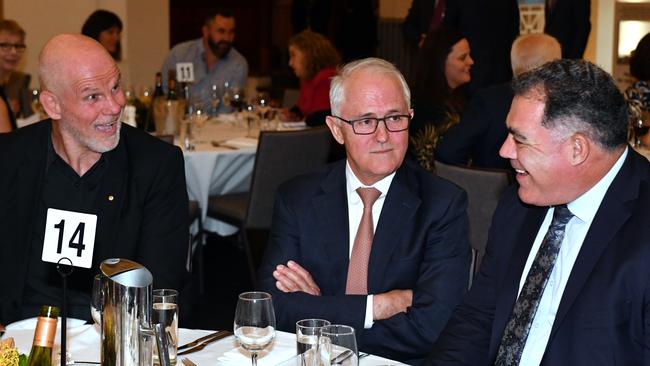
This is not the base from which to re-fire the movement for an Australian republic. Referendums invariably are defeated — the last success was more than four decades ago and only those 60 or older would have been involved in a winning Yes campaign.
An Australian republic will be achieved only if a significant number of Australian political conservatives support the cause. On Tuesday there was barely a conservative in the room.
The Liberal Party’s Peter Costello and the Nationals’ leader Tim Fischer backed a republic in 1999 and still the cause went down. Without some prominent Coalition leaders out in the front of a campaign, the republican cause cannot succeed. In the wake of the republic referendum defeat in 1999, Turnbull famously, or infamously, declared: “Whatever John Howard achieves history will remember him for only one thing — he was the prime minister that broke the nation’s heart.”
As it turned out Howard will be remembered for many things — including the introduction of stricter gun control laws. Moreover, he did not break the nation’s heart. The fact is 54.9 per cent of Australians supported Howard’s position — a figure that, if translated to an election, would be classified as a landslide.
Turnbull’s current position is no constitutional change should be attempted during the Queen’s reign. When this ends, Australians should be asked in a plebiscite if they supported the direct election of a president or what he termed “the parliamentary model”. The favoured position would then be put to the people in a referendum.
"A renewed push for Australian independence has gained momentum"https://t.co/eorKIkzxxk#auspol #ausrepublic#AUS @Peter_Fitz pic.twitter.com/c6oD3g6fOu
— Australian Republic Movement (@AusRepublic) November 30, 2019
This is a change from Turnbull’s position in 1999 but it makes sense. However, FitzSimons has his reservations. In 1999 the republican cause was divided between the two models and some republicans voted No to the parliamentary model. It’s possible that, if there is a next time, some republicans would vote No to any direct election proposal.
In the current political climate, I would be one of those.
Gerard Henderson is executive director of the Sydney Institute. His Media Watch Dog blog can be found at www.theaustralian.com.au


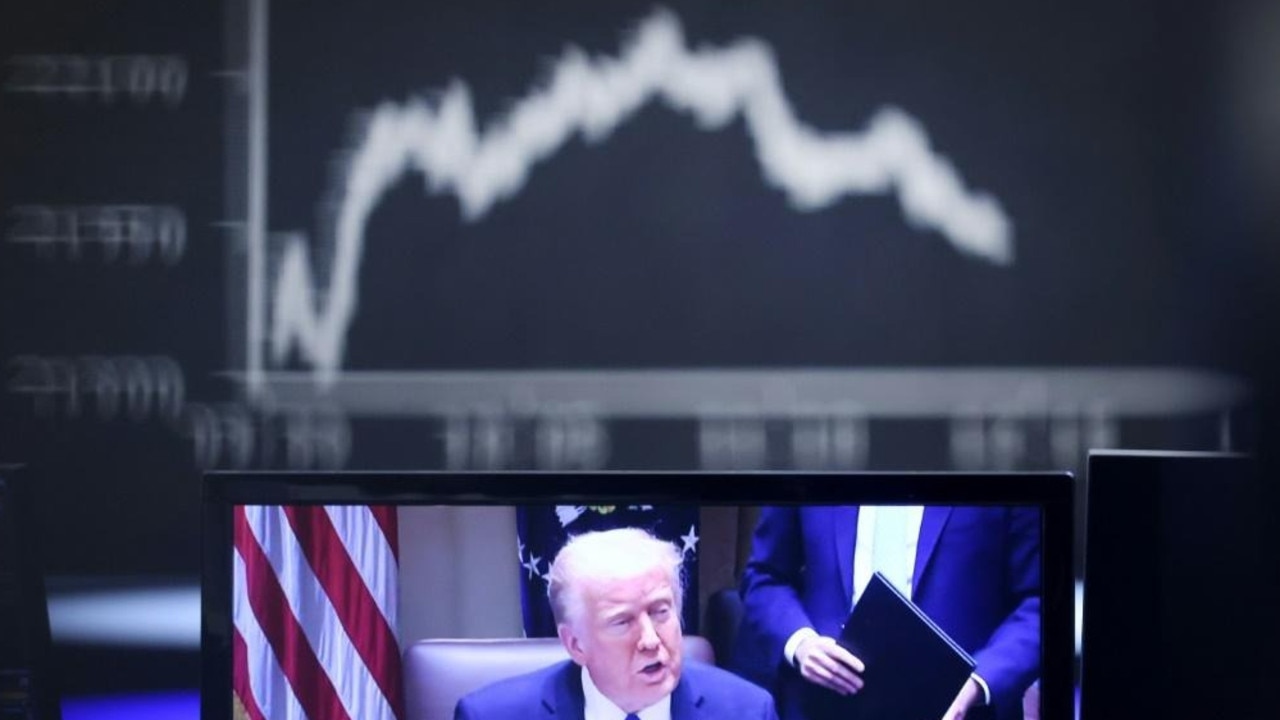
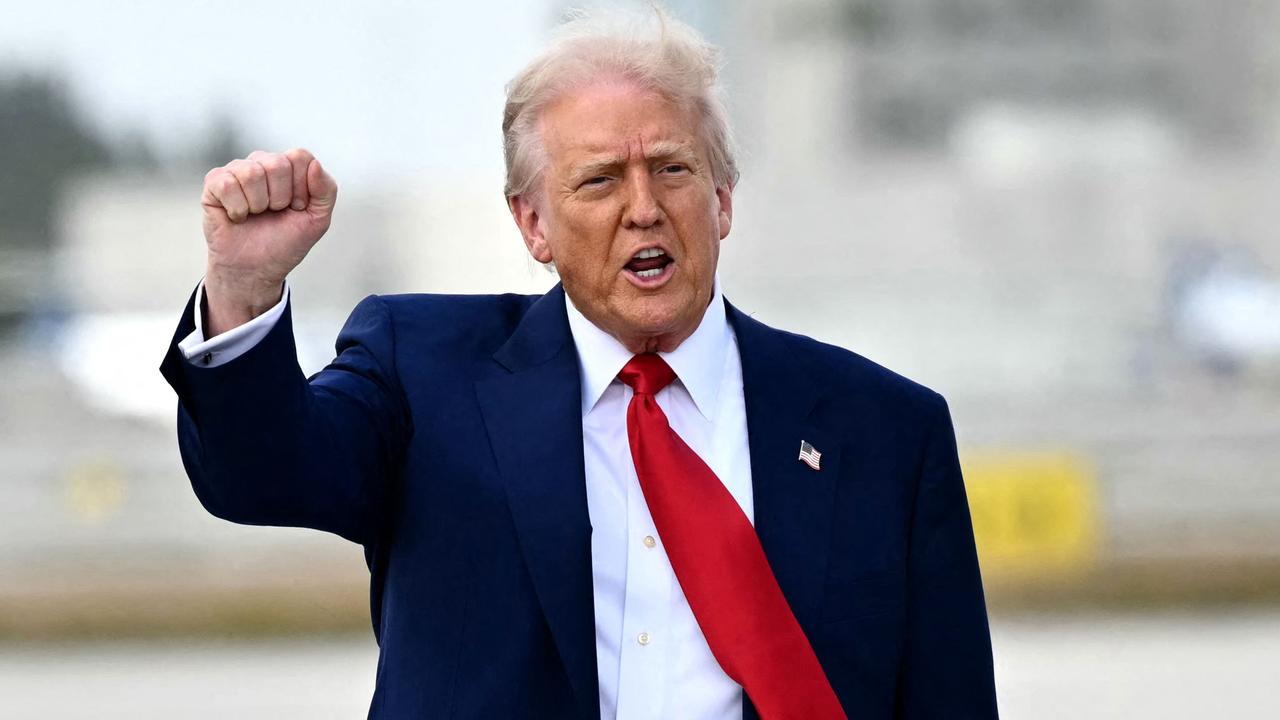
Along with 45 per cent of fellow Australians I voted Yes on November 6, 1999, in the referendum as to whether Australia should become a republic.